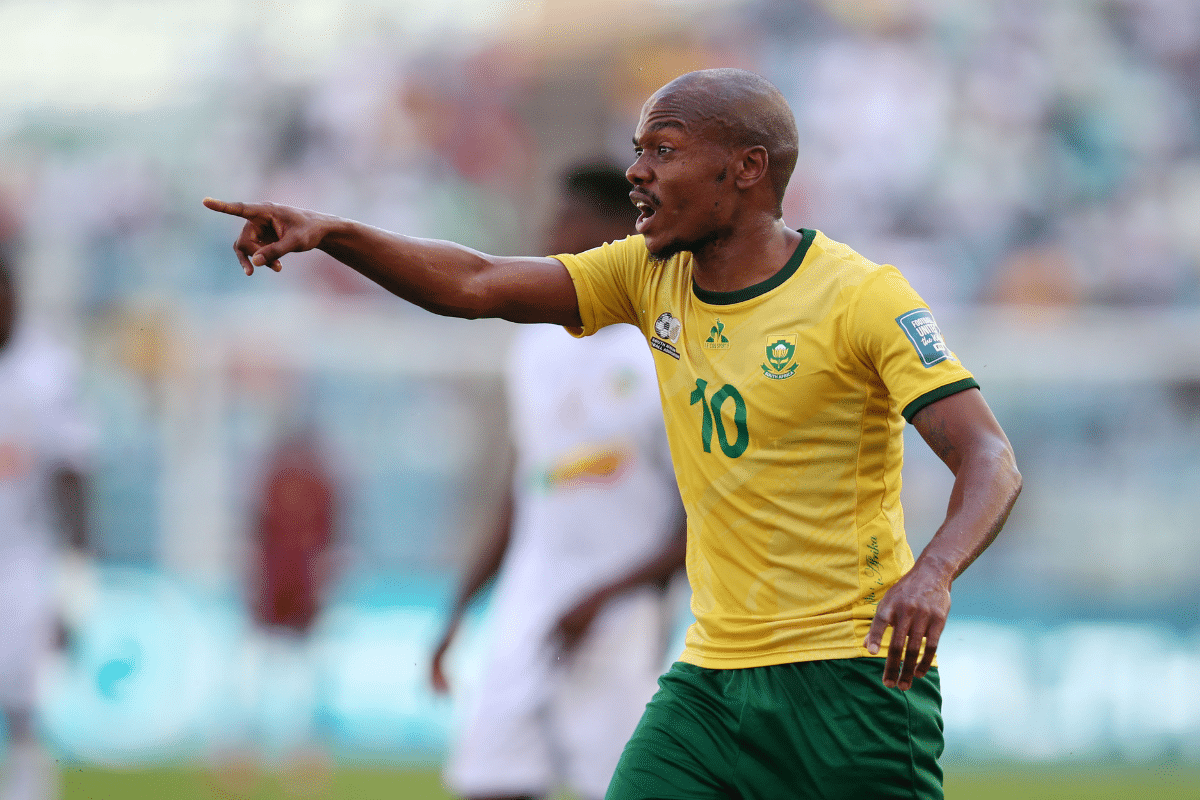
On Saturday, the continent’s biggest football tournament AFCON begins, For the third time, 24 teams will battle it out to be crowned champions of Africa. Different narratives and storylines are attached to all 24 teams, each just as intriguing as the next. Saido Mane and Senegal will be looking to defend their crown – something that no nation has done in over a decade. The Ivorians will be aiming to win the tournament as hosts, a feat last achieved by Egypt in 2006. The continent will also be watching if World Cup semi-finalists Morocco can build on their incredible performance in Qatar. But what does AFCON 2023 mean for Bafana?
History
The story of Bafana Bafana is strange in that it follows a nation that started at the top of the food chain and gradually regressed. The chart below shows that Bafana are not minnows in the continental game – only 15 nations have been to more AFCON finals than South Africa, who will now equal Ethiopia for an 11th appearance. Considering only the period after 1996 (after readmission), just eight teams have qualified more than South Africa, who have been to more AFCON finals than Nigeria, and just one fewer than North African giants Algeria, Egypt, and Morocco in that time.
But despite qualifying regularly, the steady decline from champions to runners-up to 3rd place all the way to not qualifying is well known. If there is one word that can be used to describe the last decade or two, it would be underachievement. In the last 10 years, Bafana has struggled to put their mark down among the big teams in Africa. Save for two runs in 2013 (as hosts) and in 2019 that ended in the quarter-finals, the last 10 tournaments have either been group stage exits (4 times) or outright failure to qualify (4 times).

AFCON 2023
For Bafana, AFCON 2023 is a chance to change the narrative and show that the national football team is heading in the right direction. That means moving towards another African title. Winning the crown may not happen in this edition, or even the next, but if the signs are there, fans and critics will be back on board in no time. Progressing from the Group is the bare minimum expected by most, while a Last 16 exit will be disappointing, but not crushing. Anything more than that would be decent progress, but they must navigate the first 270 minutes before all that is considered. Bafana’s Group features neighbours Namibia, West African giants Mali and North African heavyweights Tunisia.
According to Opta Analyst, who we will be working with and referring to throughout the tournament, Bafana has a 67% chance to progress from the Group, the 3rd highest of the four teams. They are estimated to progress as Group winners (21% chance), as Group runners-up (26% chance), or even as one of the best-placed teams that finish in third. In previous editions, teams have gone through that secondary route with 3 points, including Bafana in 2019. Yet, some teams have also failed to go through that route having finished in 3rd place with 3 points, notably Kenya in 2019.
Key Game
Permutations aside, the game against Mali is a key game if Bafana wants to progress in this group comfortably. Not only is it their opening game of the tournament, but it comes against the team just above them in terms of the percentage chance of progress. Win here, and the percentage of qualifying will go north of 80%, but a defeat will put pressure on the team ahead of the Namibia game five days later. We’ll be here to review every Bafana game with all the stats and numbers from the action in the Ivory Coast.


























